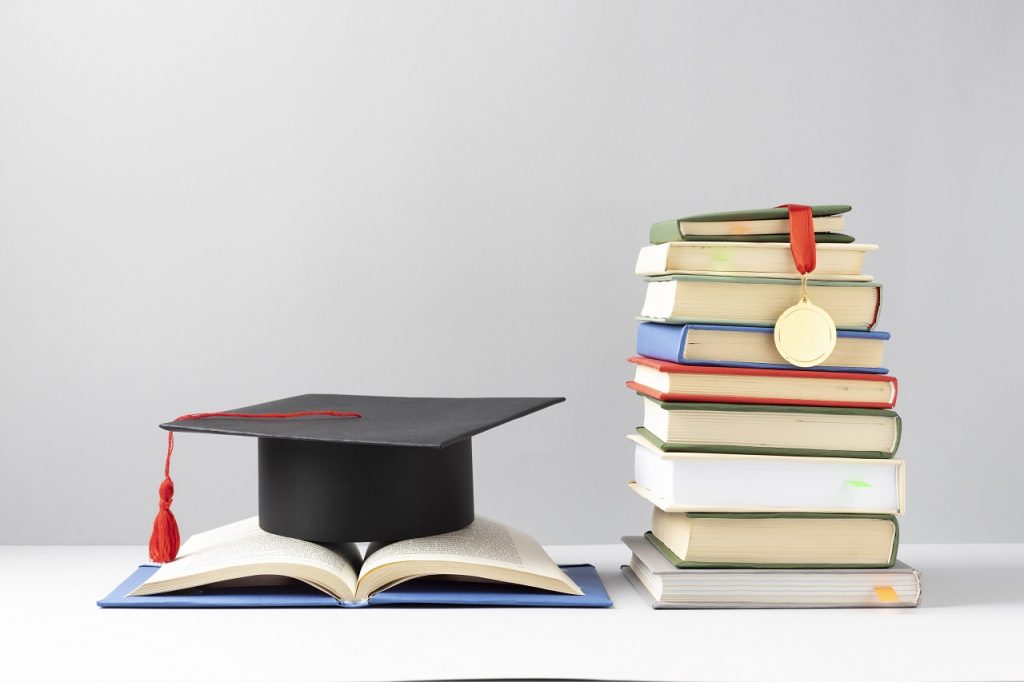Learning

This Research Section seeks to realise an understanding of multiple and interrelated processes of learning in Africa and their connectedness beyond the continent, with particular reference to—and relevance for—the cluster’s key concepts of multiplicity and relationality.
Our different but nonetheless related disciplinary perspectives will contribute to a joint understanding of the many roles that learning plays in the making of subjectivities, life-stages and gendered bodies, and the ways that these are framed through the unequal distribution of educational opportunities. We will also seek to analyse how learning itself is relationally constituted by — and at least partly co-constitutes — institutions, worldviews, communications, infrastructures, and transnational and transcontinental connections. Our understanding of learning goes beyond research approaches that limit their focus to formal educational settings such as schools or universities. Rather, we will address learning in a wider sense, encompassing all of the ways and processes in which knowledge and skills are transmitted, acquired and (re-)produced, regardless of institutional borders. We include private homes, schools, markets, media, streets, farms and international organisations in our considerations.
Spokesperson:
- Prof. Dr. Tony OKEREGBE
Member:
- Prof. Dr. Ayodele YUSUFF
Project 1
Regenerating Non-Formal Learning in Africa: Digitising Yorùbá Folktales for Animation and Value Education – A Pilot Study
Project Leaders:
Prof. Dr. Ayodele Yusuff.
Dr. Abisoye Eleshin.
Team Members:
Dr. Ganiyu Jimoh.
Dr. (Mrs.) Gbenusola Akinwale
Mr. Teniola Tonade.
Miss Anuoluwapo Adetomiwa.
Mrs. Adedoyinsola Eleshin.
Mr. Olabode Adedeji.
Summary of the Approved Project:
Folktales are fictional oral literature with cultural contents and characterisation, created to aid the learning and developmental processes of the child (Akporobaro 2001, Ajikobi 2007, Gomez 2016). As a form of informal learning, the folktale is crafted by sages, who are mostly women, as a communal verbal art which addresses such themes as humanity, discipline, religion, leadership, integrity and their importance, in a bid to maintain generations with strong morals and sustainable ways of life.
However, folktales have not enjoyed sufficient interest in African societies in recent times (Alade, Folaranmi, & Odejobi 2015). This research, which aims to produce African contents, specifically Yorùbá, for children’s entertainment and moral learning, is an attempt to create an indigenous alternative to oriental and occidental animations using Yorùbá folktales.
This project is in two phases. The first phase involves the collection, documentation and analysis of the folktales of the Yoruba, a major ethnic nationality in Nigeria, in anticipation for the second phase. The second part involves scripting and creating animated contents as a model for children’s consumption in contemporary form to orientate children towards African realities by highlighting the cultural norms through digitised folktales.
The knowledge and learning outcomes of these folktales will remain part of the ways of life of children, growing up and assuming leadership positions. The first phase of this research will be carried out in this proposal for 18 months.
In addition, this research will contribute to restructuring African studies by moving the folktales away from the usual oral and anthologised forms that they have appeared on pages of books, to a more appealing, dramaturgical and modernised form.
This research will contribute to the Knowledge Laboratory by making the folktales readily available for future reference.
Contact: Institute of African and Diaspora Studies, University of Lagos, Lagos, Nigeria, ayusuff@unilag.edu.ng
